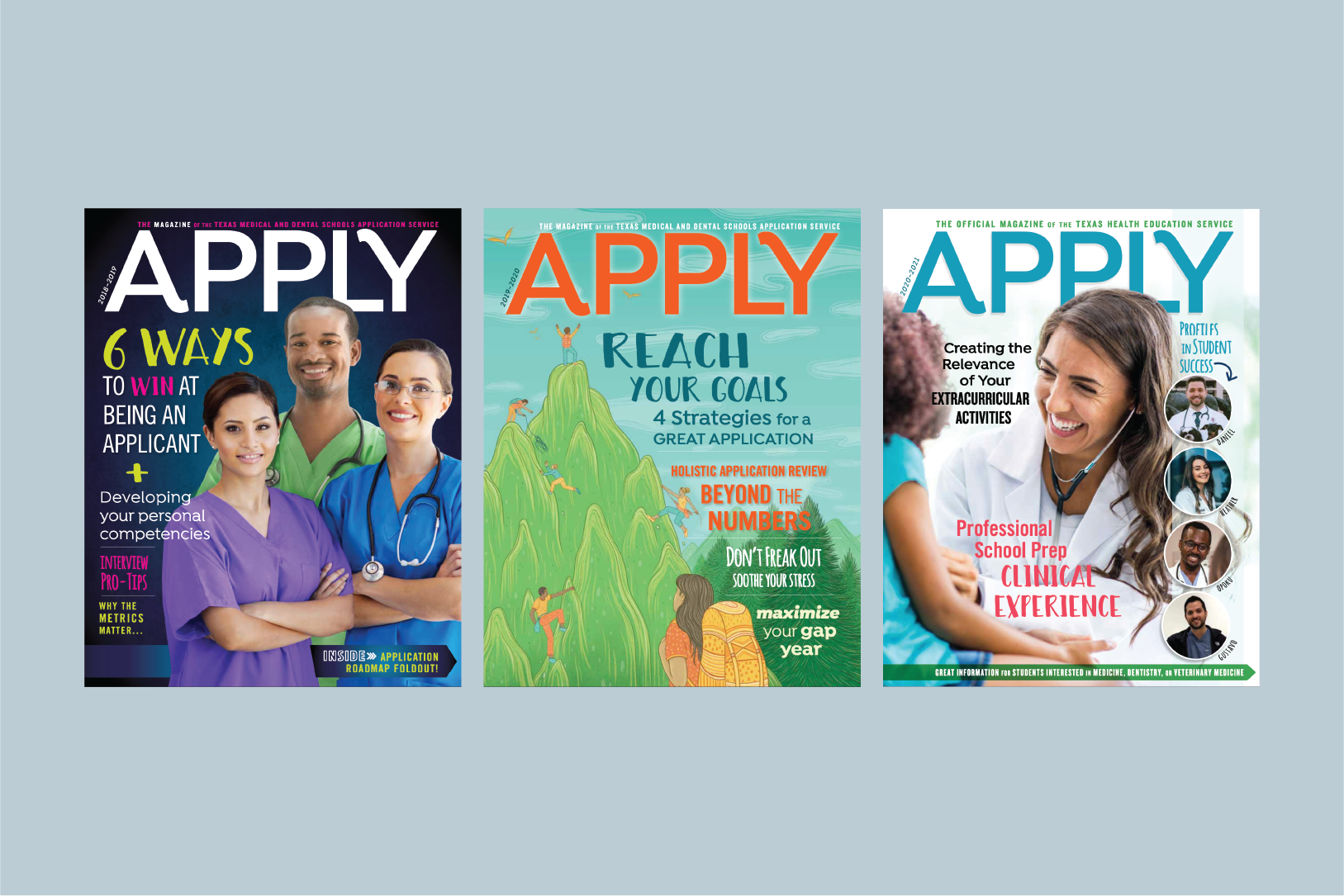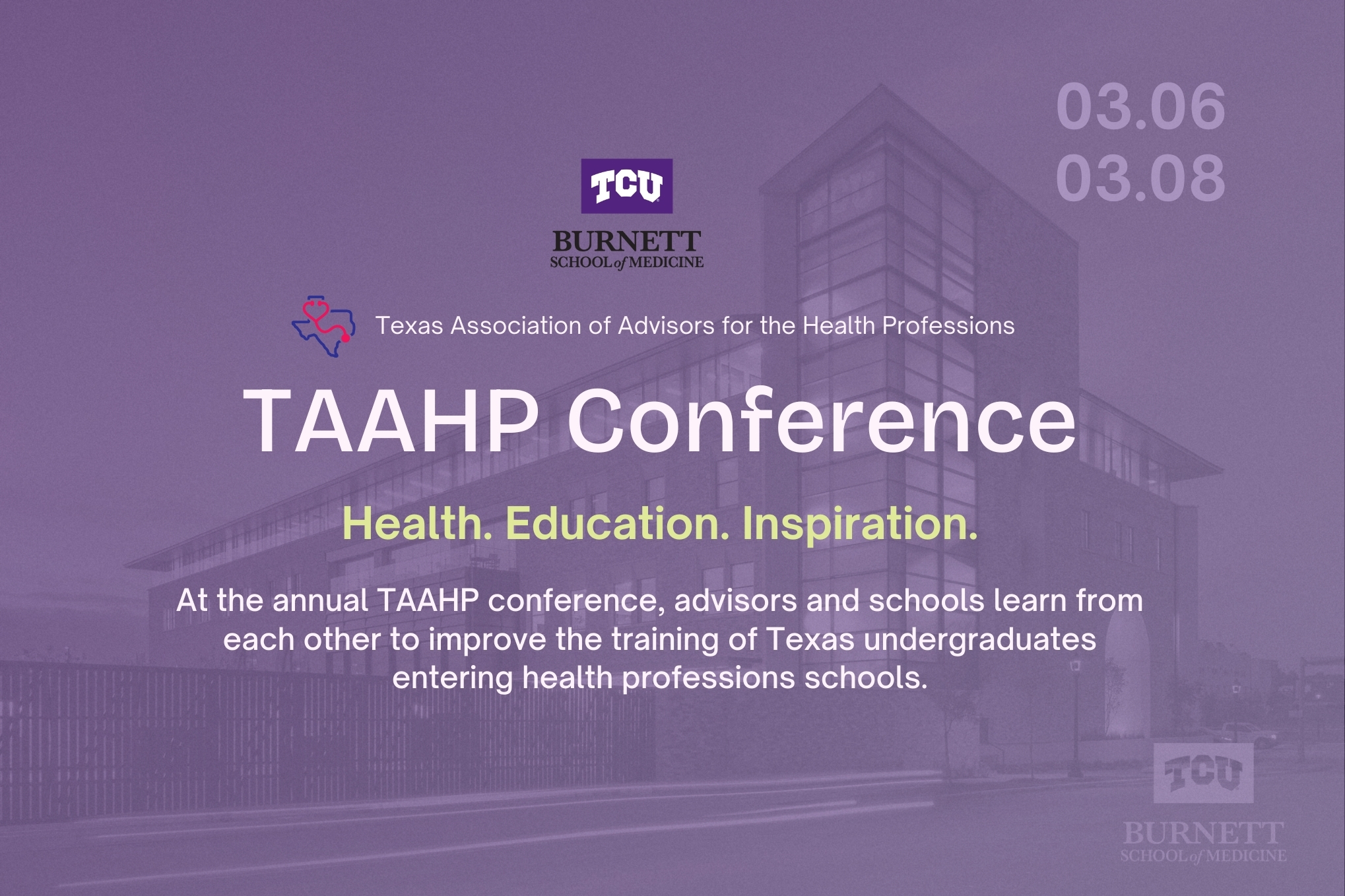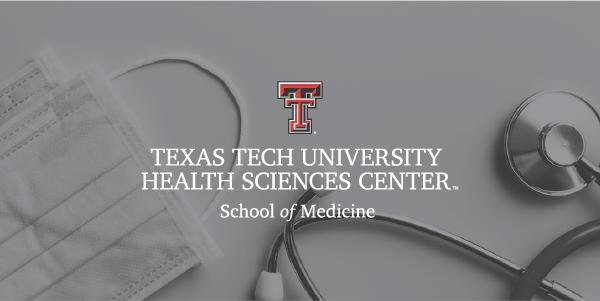Journal Your Way to Success
The benefits of journaling are often touted for personal growth, developing meaning
from experiences, and even serving as a stress relieving practice. Pre-health students
can customize their journaling to allow for reflection on experiences, maintaining
a record of activities, and planning for the professional school application all in
one place. The best thing about journaling is that it only has to make sense to you.
By establishing this practice, you can pursue your goals more deliberatively as you
will be better equipped to reflect, plan, and track trends in your experiences and
preparation.
PERSONAL REFLECTION
Reflecting on activities will help you synthesize what you encountered during your
shadowing/volunteering/ work experiences. Think about how these activities relate
to each other and enhance your desire to pursue a healthcare profession.
Ask these questions at the end of each activity for a week:
- Which strengths did you use?
- Where can you improve?
- How are these experiences supporting your goals?
- What insights did you learn about your desired profession?
Freewriting can help you find meaning from your experiences by jotting down your thoughts
as they occur to you. Perhaps you shadowed a doctor that reminded you of a relative
and you paid closer attention to their interpersonal skills. Do you have those skills?
Did they make this physician a more effective caregiver?
Maybe you thought, “I wish I knew Spanish well enough to talk to patients as well
as that nurse did.” How can you improve your language skills for healthcare? These
thoughts spark several points that you can act on to make you a more competitive applicant
when the time comes.
KEEP TRACK OF THINGS
Your journal can also serve as a log for helping you keep track of hours volunteered,
shadowed, and/ or worked on a daily, weekly, and monthly basis. The rise of Bullet
Journaling gives us plenty of examples of how you can arrange your planner and customize
it for your experience. As a pre-health student, you’ll want to use it to look forward
to activities and events as well as a tool for tracking these experiences.
Save some space in your journal to jot down resources you’ve found like a book, podcast,
video series, or group. May I suggest the Inside Health Education Podcast Roadmap episodes to keep you get on track?
WHAT IS A BULLET JOURNAL?
Bullet Journaling is a journaling method that allows users to “track the past, organize
the present, and plan for the future.” Developed by digital product designer Ryder
Carroll as a tool that can promote the “art of intentional living”, fundamental aspects
of a Bullet Journal include:
- an index for all items in your journal
- a “Future Log” that tracks several months at a time
- a Monthly Log and Task List
- a bulleted list of entries such as events, tasks, and notes
You can also incorporate lists (such as a workout log or MCAT content tracker), weekly
logs and task lists, or anything else you’d like. You can customize the scope of your
journal however you see fit. Plot out your time and notice where you have opportunities
to maximize your efforts. Give it a try for a week – notice those 6 hours watching
The Office again? This time can be reallocated to tackle test prep or take on extra
duties where you’re shadowing. Don’t forget to allow for some leisure time though!
During the application cycle, it will be paramount that you optimize your schedule
and be prepared to travel for interviews. Keeping your plans up to date in your journal
will drastically reduce the stress of managing your schedule and allow you to shift
your focus to the interviews.
PREPARE FOR THE APPLICATION
It’s never too early to start thinking about the application process! Check out the
essay prompts on the TMDSAS website and start brainstorming your responses. Look back
through your thoughts from your activities and the connections you made. Emphasize
the strengths you identified and integrate them with your experiences to form a powerful
example of what you bring to the table.
Keep a few pages for things that inspire and motivate you. Write down that compliment
you received from a patient while shadowing, or the inspirational quote you found,
or a screenshot of that time you aced your O-Chem test. Check back on these pages
when you feel disheartened and reignite the spark that shows you that you’re on the
right track!
As you visit schools during your interviews, write about your reactions, responses
to questions, and aspects of the school that stand out to you. What did the current
students say about the school? What was your reaction to seeing the campus? Take a
first attempt at ranking the schools. If you’re a Texas resident medical applicant,
these notes will come in handy as you rank and select your School Preferences leading
up to the TMDSAS Match.
Getting into this reflective mindset will let you step out of your experiences and
start to notice patterns in your behavior and beliefs. This insight is invaluable
as you plan your application for scrutiny along the Core Competencies and schools’
values and missions.
Journaling aligns your experiences, preparation, and goals, but the benefit is dependent
on what you put into it. Developing the habit of keeping a journal will provide you
with powerful insights through personal reflection, planning and logging your activities,
and preparing for the application and beyond. Research how others use journals and
find out what works best for you. The most important step is to get started – happy
journaling!

About the author: Enrique Jasso, Jr. is the director of the Texas Medical and Dental Schools Application Service (TMDSAS) and Communications and Outreach Strategist for the Texas Health Education Service (TXHES) where he also supports the Joint Admission Medical Program (JAMP).
Enrique directs the application service, digital production, and communications teams, which engage the pre-health community to produce educational and support resources for aspiring health professionals via the Inside Health Education newsroom.
Enrique holds a master’s degree in Higher Education Administration from Sam Houston State University and a B.A. from The University of Texas at Austin.




